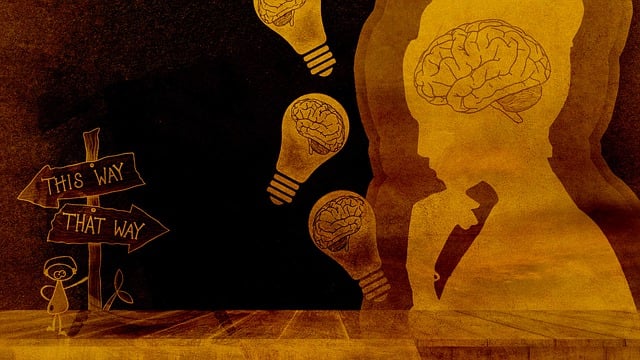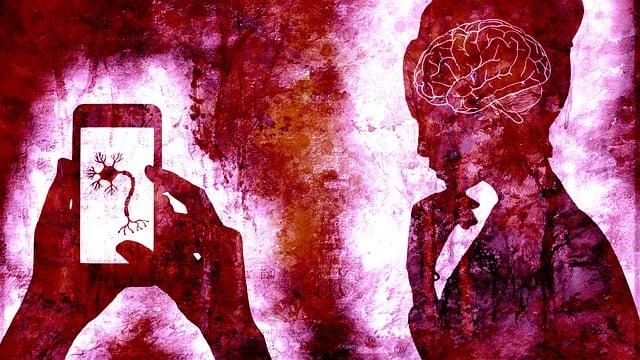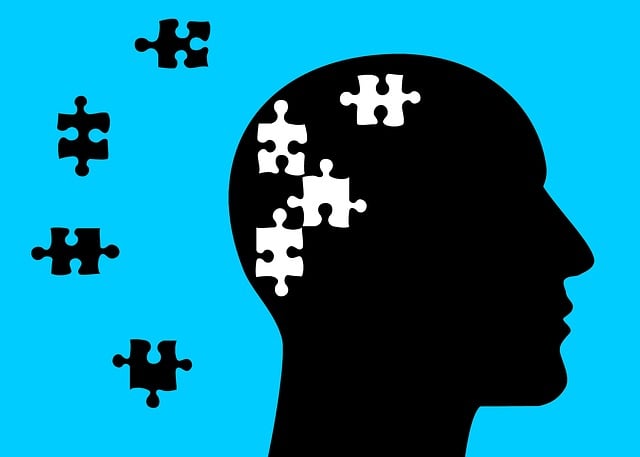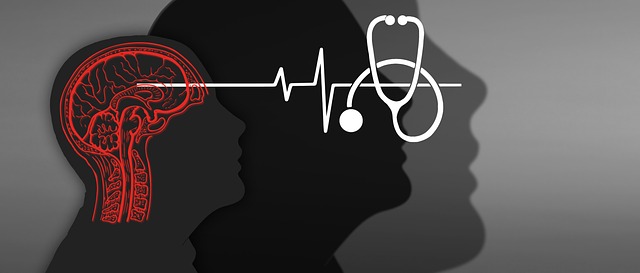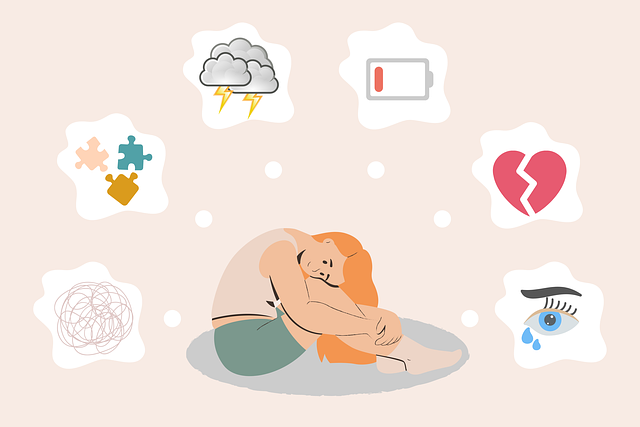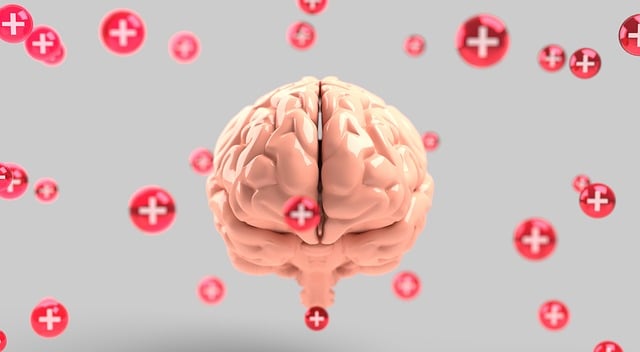Dialectical Behavioral Therapy (DBT) is an effective therapy for young children, teaching them essential mood regulation skills through mindfulness, resilience, and emotional coping strategies. Integrating DBT techniques into daily routines helps kids manage intense emotions, improve social and academic performance, and enhance overall well-being. This specialized therapy equips mental health professionals with tools to assess risks and successfully guide young individuals toward better emotional control.
Mood regulation strategies are essential tools for young children’s emotional well-being and development. This article explores effective methods, with a special focus on Dialectical Behavioral Therapy (DBT), a comprehensive approach proven beneficial for kids. We will discuss how DBT, typically used as therapy for young children, integrates mindfulness, distress tolerance, emotion regulation, and interpersonal effectiveness skills. Additionally, we provide practical strategies to implement at home and in therapy sessions, empowering parents and caregivers to support healthy mood management in young minds.
- Understanding Mood Regulation and Its Importance for Young Children
- Exploring Dialectical Behavioral Therapy (DBT): A Comprehensive Approach
- Practical Strategies to Implement at Home and in Therapy Sessions
Understanding Mood Regulation and Its Importance for Young Children

Mood regulation is a vital skill for young children to develop as it empowers them to navigate and express their emotions effectively. For kids, understanding and managing their feelings can be challenging due to rapidly developing brains. This is where therapy steps in, particularly Dialectical Behavioral Therapy (DBT), which offers valuable tools tailored to their age group. DBT focuses on teaching mindfulness meditation, resilience building, and inner strength development techniques to help children cope with intense emotions and stressful situations.
By incorporating these strategies into their daily lives, young individuals gain better control over their emotional responses, leading to improved overall well-being. Mood regulation is not just about calming down; it’s about fostering a sense of balance and equanimity that enables kids to navigate the complexities of their social and academic environments with grace and resilience.
Exploring Dialectical Behavioral Therapy (DBT): A Comprehensive Approach

Dialectical Behavioral Therapy (DBT) is a comprehensive approach that has gained significant recognition as an effective therapy for young children. This therapy integrates cognitive-behavioral techniques with mindfulness practices, offering a unique way to address complex emotional challenges. DBT focuses on teaching individuals, especially children, skills to regulate their emotions and manage distressing situations adaptively. By combining individual therapy sessions with group skills training, DBT facilitates the development of emotional healing processes.
The comprehensive nature of DBT involves helping young clients identify and understand their emotions, tolerate distress, regulate their behaviors, and improve interpersonal effectiveness. This approach is particularly beneficial for those dealing with anxiety relief and managing intense emotions. Moreover, DBT emphasizes the importance of a balanced perspective, encouraging individuals to accept both their current experiences and long-term goals, fostering a sense of equilibrium. For mental health professionals, risk assessment is crucial when considering DBT as it requires specialized training to implement effectively.
Practical Strategies to Implement at Home and in Therapy Sessions

Implementing practical mood regulation strategies at home and in therapy sessions is a powerful approach for young children to develop inner strength and enhance their mental health awareness. Dialectical Behavioral Therapy (DBT) offers effective tools tailored for kids, focusing on skills like mindfulness, emotion regulation, distress tolerance, and interpersonal effectiveness. These techniques can be incorporated into daily routines and playtime activities, making them accessible and engaging for young learners.
Therapy sessions can further solidify these strategies through structured exercises and role-playing scenarios. For instance, teaching children to identify and label emotions, coupled with mindfulness practices like deep breathing or guided visualizations, can help them manage stress and regulate their moods effectively. Additionally, involving parents in therapy by conducting parent-child workshops on emotional understanding and communication fosters a supportive home environment, reinforcing the skills learned during sessions.
Mood regulation is a vital skill for young children to develop, as it significantly impacts their overall well-being. By understanding the importance of emotional control and exploring evidence-based approaches like Dialectical Behavioral Therapy (DBT), parents and caregivers can effectively support children’s mental health. DBT offers comprehensive tools to navigate intense emotions, fostering a healthier relationship with one’s internal experiences. Implementing practical strategies from DBT at home and during therapy sessions can revolutionize how young individuals manage their moods, promoting better emotional intelligence and resilience. This tailored approach ensures that therapy for young children is both accessible and transformative.

